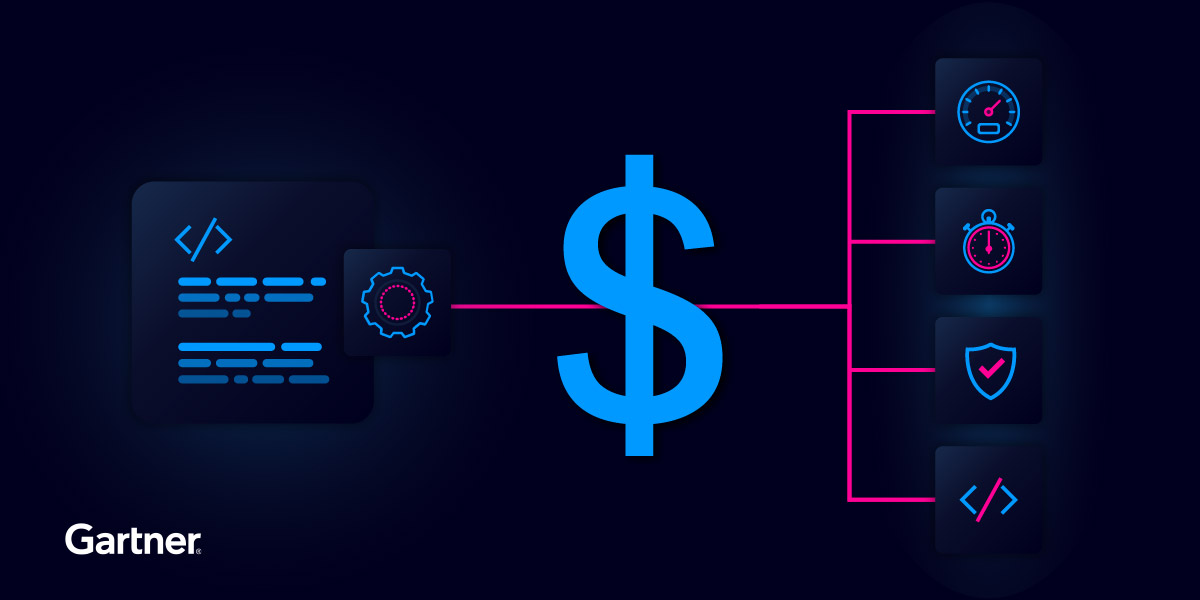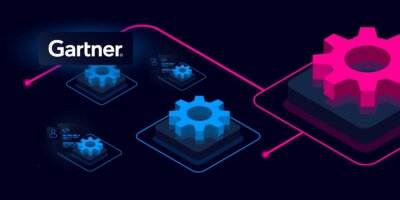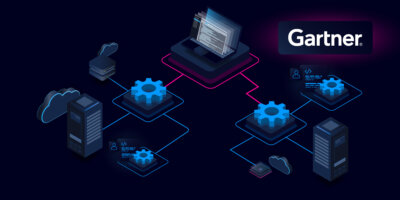Share this

Table of Contents
For many network teams, automation started with the goal of eliminating repetitive tasks. Provisioning devices. Updating configs. Validating compliance. All great places to begin. But as automation expands, it’s no longer just about getting rid of tickets, it’s about delivering real business outcomes.
And that’s where many initiatives stall.
The 2025 Gartner® Market Guide for Network Automation Platforms reinforces what forward-thinking leaders already recognize: task-based automation won’t get you to scale. It’s orchestration, not just automation, that unlocks value across the business.
From Scripts to Strategy: Why the Business Cares
While early automation projects focused on efficiency gains, the business now expects more:
⚡ Faster change implementation
🔒 Improved service reliability
🛡️ Reduced security and compliance risk
💰 Lower operating costs
🚀 Greater agility to support digital initiatives
But these outcomes don’t happen by simply automating tasks in isolation. They require connected, end-to-end workflows that integrate across ITSM, CMDBs, monitoring tools, and source-of-truth systems.
That’s the shift Gartner emphasizes and the gap many enterprises haven’t yet crossed.
What Gartner Says About Scaling Value
In the 2025 report, Gartner highlights a critical blocker to value: fragmentation.
Most organizations now use 3+ automation tools, but lack a consistent platform to orchestrate workflows across them. As a result, teams automate pieces of the process, but struggle to deliver consistent outcomes at scale.
![]()
The usage of multiple tools creates fragmentation, or silos/islands of automation, that makes it difficult to automate an end-to-end network service.
– Gartner, 2025
This is where orchestration becomes the bridge between technical success and business impact.
Real-World Outcomes of Unified Automation
Leading organizations are already proving what happens when automation becomes orchestrated, repeatable, and aligned with operational goals. Benefits include:
- Faster change velocity: Automating across ITSM and validation processes reduces cycle times from days to minutes
- Improved service availability: Faster incident response and preemptive remediation minimize downtime
- Compliance confidence: Standardized workflows and rollback automation reduce risk and audit failures
- Resource optimization: Low-code design and modular adoption eliminate the need for custom development in every use case.
Automation at this level isn’t about replacing engineers. It’s about freeing them up to focus on architecture, not ticket chases.
How Itential Helps Organizations Unlock Business Value
At Itential, we’ve designed our platform to help enterprises move from automating tasks to delivering operational outcomes.
- Unified Execution Layer: Run scripts, APIs, and even AI-triggered automations across any tool or environment.
- Cross-Domain Orchestration: Automate workflows that connect network, ITSM, cloud, and monitoring systems.
- Low-Code Simplicity: Empower infrastructure teams to design, test, and deploy without requiring DevOps skills.
- Self-Service Enablement: Turn automations into reusable products for IT and app teams to consume on demand.
By connecting tools, teams, and systems, Itential helps network automation evolve from tactical to transformational.
The Bottom Line
Task automation is a great start, but it’s not the finish line.
To realize the full value of automation, network leaders must shift from isolated scripts to orchestrated workflows that drive meaningful business outcomes.
The path forward isn’t about replacing your tools. It’s about connecting them.



